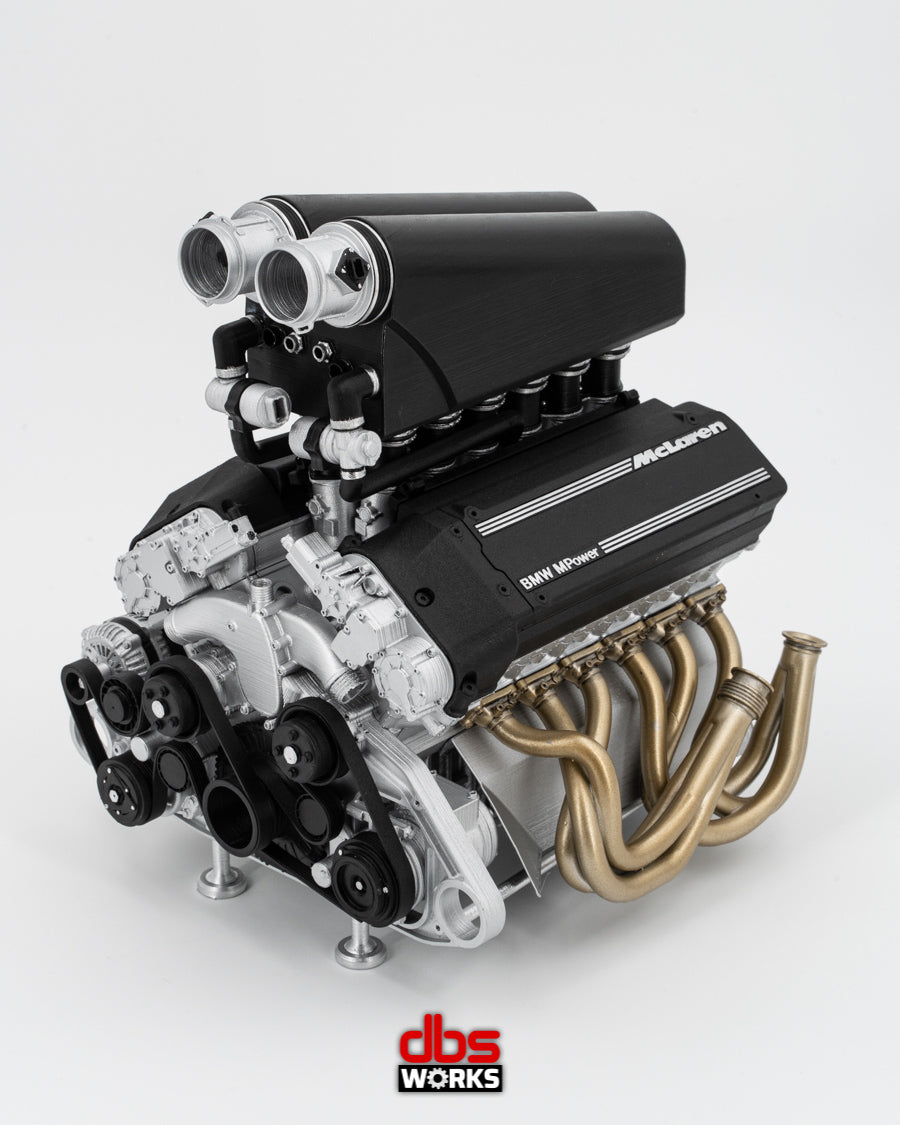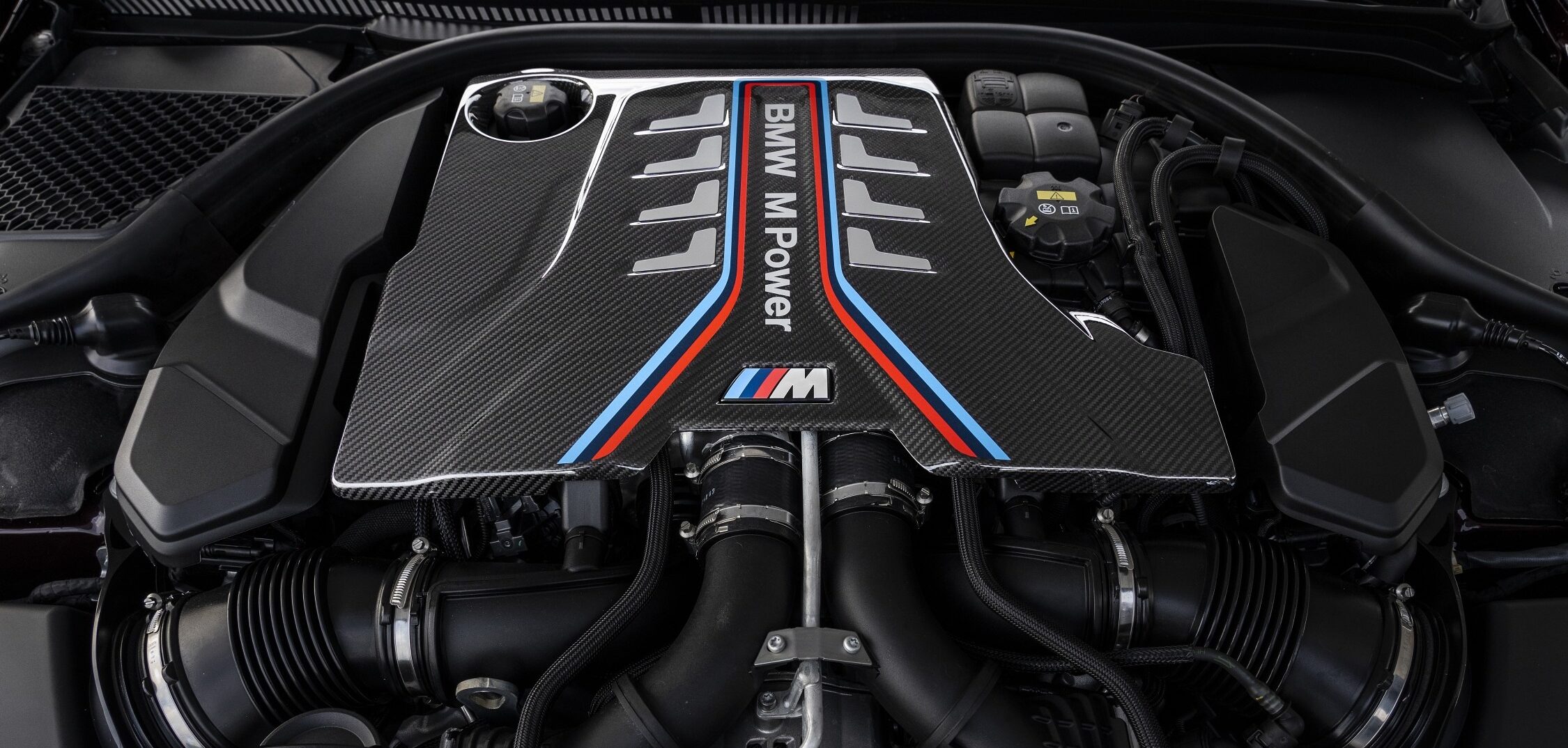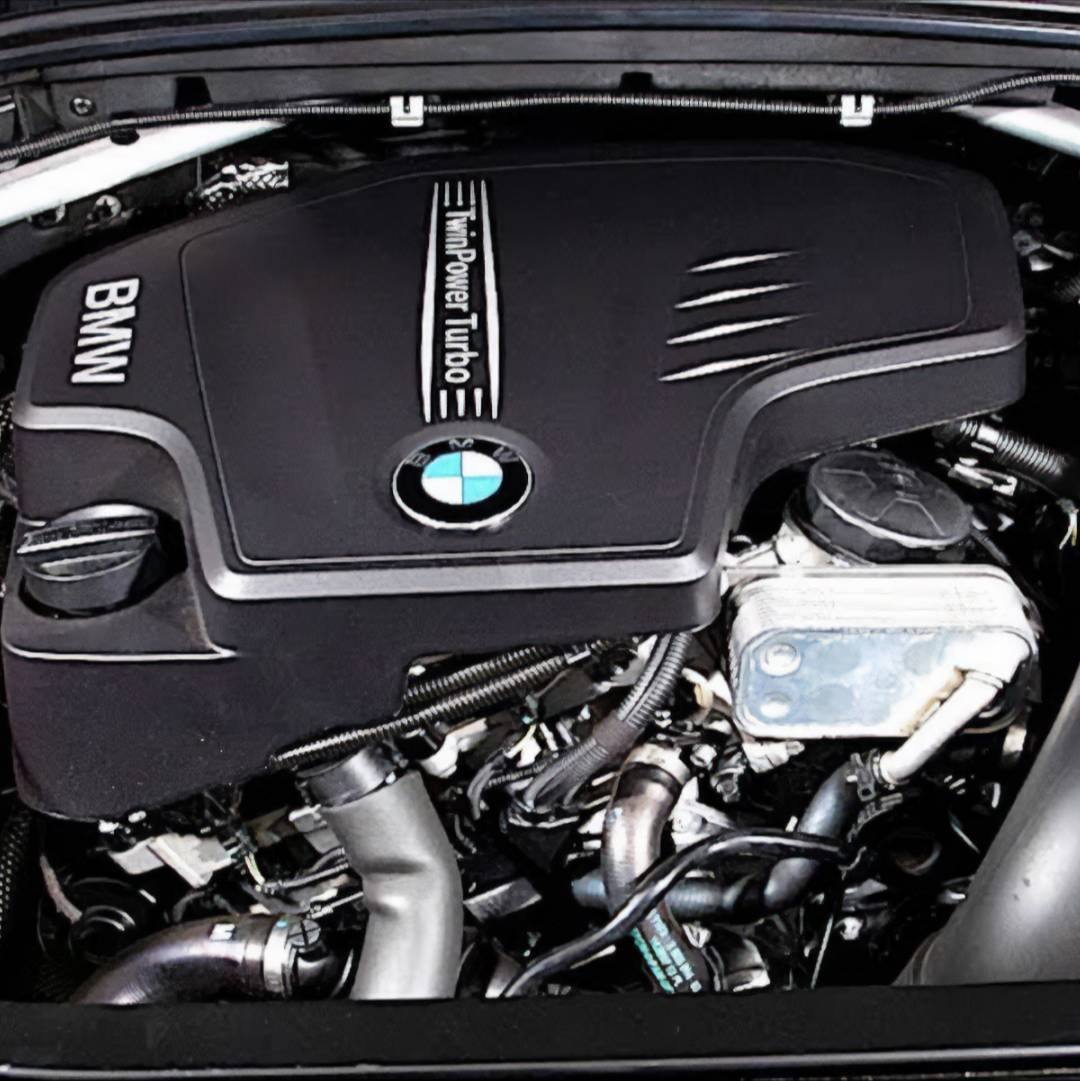Exploring the Performance Enhancements of the most up to date BMW Engine Designs
Exploring the Performance Enhancements of the most up to date BMW Engine Designs
Blog Article
Revealing the Intricacies of Next-Generation Power Units: a Deep Dive Into Advanced Engine Advancements and styles
As we stand on the precipice of a brand-new period in transportation, the intricacies of next-generation engine styles beckon us to explore the sophisticated technologies and advancements that promise to redefine the driving experience. Delving much deeper into the realms of emission control, smart engine administration systems, and the perspective of power unit development, we discover ourselves on the cusp of an improvement that guarantees to improve the landscape of wheelchair as we understand it.
Evolution of Engine Materials

The shift in the direction of progressed engine products has actually additionally enabled designers to create engines with greater power results while keeping fuel effectiveness standards. The usage of lightweight materials minimizes the total weight of the engine, leading to enhanced gas economic climate and lower exhausts. Additionally, developments in materials modern technology have enabled much better thermal monitoring within engines, resulting in raised integrity and longevity.
Turbocharging and Supercharging Technologies
Just How do Turbocharging and Supercharging Technologies transform engine performance and performance in modern-day cars? Supercharging and turbocharging are innovations that considerably enhance engine efficiency by increasing the quantity of air intake right into the burning chamber. Turbocharging accomplishes this by utilizing a turbine driven by exhaust gases to pressurize the consumption air, while supercharging uses a belt- or chain-driven compressor to accomplish the same effect.
These technologies allow smaller, a lot more fuel-efficient engines to create power equivalent to larger ones, known as downsizing. By requiring even more air right into the cylinders, turbocharging and supercharging boost combustion performance, causing raised horsepower and torque outcome without a substantial boost in engine size. This leads to much better velocity, towing capability, and overall driving efficiency.
Additionally, turbocharging and turbo charging add to enhanced fuel efficiency by permitting the usage of smaller sized engines that consume less fuel under regular driving conditions - bmw engine. This combination of enhanced performance and performance has actually made turbocharging and supercharging indispensable elements of many modern engine layouts
Emission Control and Environmental Influence
With enhancing worldwide worries regarding air quality and ecological sustainability, the execution of emission control innovations in lorries plays a critical function in lowering harmful contaminants launched into the ambience. Modern lorries are furnished with innovative discharge control systems that assist decrease the ecological effect of auto operations. Catalytic converters, for instance, are developed to transform hazardous gases such as carbon monoxide gas, nitrogen oxides, and hydrocarbons right into less damaging substances like carbon dioxide and water vapor.
In addition, advancements in engine technology, such as the combination of exhaust gas recirculation systems and selective catalytic decrease, have dramatically contributed to decreasing discharges. These technologies function in tandem to optimize burning efficiency and reduce the release of harmful toxins into the air. Additionally, the advancement of crossbreed and electric vehicles represents an essential step in the direction of lowering the general environmental impact of the transportation sector.
Intelligent Engine Management Systems

Furthermore, these systems allow automobiles to satisfy rigid exhausts criteria without jeopardizing efficiency, supplying a much more eco-friendly driving experience. The integration of expert system and artificial intelligence abilities in engine monitoring systems continues to press the borders of what is possible, bring about more improvements in performance, integrity, and general find out here lorry performance. bmw engine. As auto modern technology developments, intelligent engine administration systems will play an important function in forming the future of transportation towards an extra effective and lasting direction
Future Trends in Power Unit Development
As intelligent engine monitoring systems pave the method for boosted control and optimization in modern-day automobiles, future fads in power unit advancement are poised to redefine the landscape of auto propulsion innovations. These alternate power resources supply improved efficiency and performance while aligning with rigorous ecological policies.
One more considerable trend is the integration of innovative products and making methods. Lightweight materials such as carbon fiber and aluminum are being utilized to minimize general car weight, boosting gas effectiveness and performance. Furthermore, advancements in 3D printing and additive production are making it possible for the manufacturing of complex engine components with higher precision and resilience.
Additionally, expert system and machine learning are playing a critical function in maximizing power system efficiency. These innovations permit for real-time monitoring and adaptive control, causing extra dependable and reliable power distribution. Generally, future trends in power unit growth are geared in the direction of sustainability, effectiveness, and efficiency, driving the vehicle market towards a new age of propulsion technologies.

Final Thought
Finally, the improvements in engine materials, turbocharging, emission control, and smart monitoring systems have actually paved the way for next-generation power devices. These technologies have not only enhanced efficiency and performance yet likewise decreased ecological influence. As modern technology remains to progress, future patterns in power device growth are likely to focus on further improving sustainability and optimizing power result. The detailed styles and advancements in modern Your Domain Name engines showcase the recurring evolution of auto innovation.
Checking out the dynamic advancements in engine products has been crucial in improving the performance and efficiency of modern-day engines. Over the years, the advancement of engine products has played an essential role in pressing the boundaries of what engines can accomplish.The shift towards advanced engine materials has likewise enabled designers to make engines with higher power outcomes while preserving fuel effectiveness standards.The implementation of smart engine monitoring systems in modern-day automobiles has reinvented the method engines are regulated and optimized for performance and effectiveness. By accumulating data in real-time and assessing it with advanced algorithms, intelligent engine administration systems can adjust to driving styles, environmental factors, and engine health and wellness to maximize power outcome while her response decreasing gas consumption and discharges.
Report this page